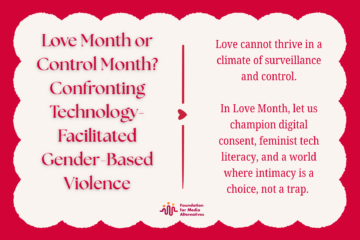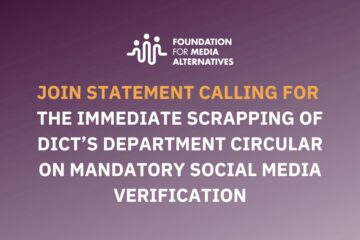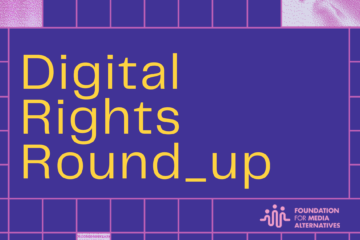Konektadong Pinoy Bill: No Filipino Left Offline

For years, the Philippines has lagged in terms of global development in internet access and connectivity. According to the data from the International Telecommunications Union (ITU), the country has one of the highest costs for fixed broadband among ASEAN nations, with only 54.5% of barangays and a third of households having access to the internet. While government agencies promised initiatives to promote nationwide connectivity, progress remains slow, leaving many Filipinos among the most disconnected population in the digital age.
Confronted with this digital divide, many groups have called for reforms on internet infrastructure in the Philippines. As of the moment, the Open Access in Data Transmission Act, more commonly known as the Konektadong Pinoy Bill, stands as a solution to the country’s long-standing connectivity woes. This landmark legislation establishes a data transmission and connectivity framework that ensures universal access to the internet. It envisions providing small providers a more simplified yet secure process to build infrastructure, which can be key in offering affordable, reliable, and accessible internet services to all. The investments in more data transmission networks promise Filipinos, including those in the most remote areas, access to the delivery of essential and basic services such as e-governance, health, finance, and education. The bill has been ratified by both the Senate and the House of Representatives, signaling its imminent enactment into a Republic Act.
The Konektadong Pinoy Bill, however, has recently been met with resistance from several major telecommunication companies and independent groups. These groups are rallying to veto the bill and reconsider its implications on the country’s national security. The Philippine Chamber of Telecommunications Operators (PCTO) claimed that removing the need for new companies to secure a congressional franchise hinders fair competition and creates an unequal regulatory environment. CitizenWatch warned that the enactment of the bill into law would weaken the authority of the National Telecommunications Commission (NTC), potentially allowing even foreign-controlled entities to operate without strict oversight.
On the contrary, several groups have argued that criticisms of the bill are unfounded and lack substantial evidence. Albert Dela Cruz, co-founder and Director of Philippine Computer Emergency Response Team Coordinating Center, contends that the real threat to national security and economic progress is not in open access but in maintaining outdated ICT frameworks that hinder innovation and exclude marginalized communities. Civil society, public, and private groups have shown their full support for the Konektadong Pinoy Bill, noting that the bill is a timely response to the country’s digital needs. In a joint statement signed by 35 organizations in the Philippines, they called the bill “the key to unlocking the potential of a more digitally inclusive, economically vibrant, and prosperous country”. It is a much-needed development for an inclusive digital landscape as it empowers small and/or local initiatives in low-income communities to apply for community licences and expand their services to other underserved Filipinos, especially those who continue to struggle with high data costs, poor connectivity, and limited access to digital resources. Once signed into law, it will ensure that all Filipinos, regardless of their location, livelihood, or social status, are a part of and moving forward towards the digital future.
The Konektadong Pinoy Bill is not only crucial in providing connectivity to its people, but also vital for the country’s participation in the modern economy. By removing previously restrictive regulations, this can help attract more local and foreign investments and promote competition, encouraging better service quality and affordable prices. The passing of this bill will also demonstrate the country’s economic competitiveness and resilience in adapting to global connectivity developments.
As many other countries have begun adapting to a more digitally advanced society, the Philippines must also take steps towards providing its people with proper and reliable systems that are on par with its neighboring countries. Not only should the promise of universal connectivity be a policy goal, but rather a lived reality for all. In a world where so much of one’s everyday life involves internet connectivity, whether it’s work, school, paying bills, or staying updated with the latest news, the current administration must pass the Konektadong Pinoy Bill to ensure that no Filipino is left behind in this rapidly evolving digital era.



0 Comments